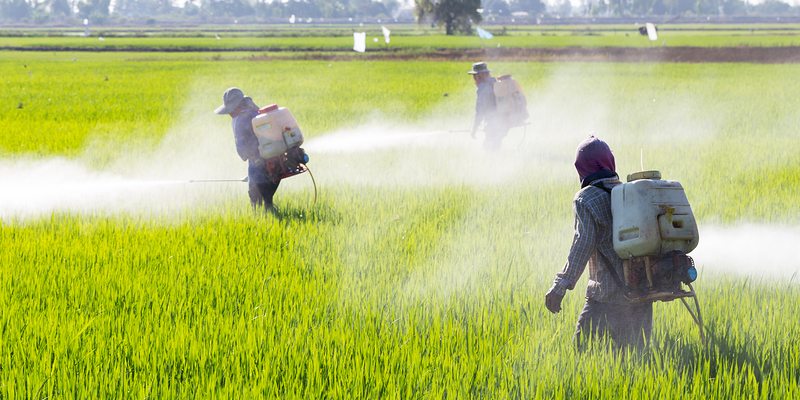NAIROBI, KENYA – Flower farm workers in Kenya are suffering from severe health issues, including organ damage, neurological disorders, and cancer, due to chronic exposure to toxic pesticides, many of which are banned in their countries of origin. The crisis has exposed a powerful industry that has captured regulators and silenced critics, turning Kenya into a dumping ground for hazardous chemicals.
The human cost of this industrial poisoning is becoming increasingly apparent. Wachira Ngatia, a 58-year-old worker at a flower farm, died in his driver’s seat after years of working with pesticides. His wife, Nancy Makena, recounted his rapid health deterioration, which included stomach upsets, skin rashes, and severe damage to his kidneys and liver. Another former worker, Roselyn Mbaye, developed severe swelling and breathing problems after handling freshly sprayed flowers for 14 years.
The health impacts are not limited to physical ailments. Male workers, like Amos*, who requested anonymity, have reported sexual dysfunction, a sensitive issue that employers often silence. Dr. Stephen Ngigi, Deputy Director of Medical Services in Murang’a County, explained that pesticides can enter the body through skin contact and ingestion, leading to a range of symptoms that are often misdiagnosed as other conditions. He noted a troubling demographic shift in cancer prevalence, with younger populations being increasingly affected due to chemical exposure.
The battle for justice began in 2019 when Uasin Gishu MP Gladys Shollei submitted a public petition to the National Assembly, demanding action against carcinogenic and harmful pesticides. Her petition highlighted the explosive growth of Kenya’s pesticide dependency and the Pest Control Products Board’s (PCPB) failure to enforce safety measures. Despite parliamentary approval, the petition was stalled by bureaucratic red tape, which Shollei attributed to a powerful and corrupt industry.
The legal challenge has been taken up by the African Centre for Corrective and Preventive Action (ACCPA) and environmental advocate Kelvin Kubai, who have sued the government and the Agro Chemicals Association of Kenya. They argue that Kenya’s constitutional right to safe food and a clean environment is being violated, and they point to international legal precedents where farmers have received significant compensation for pesticide-related illnesses.
In late 2024, after years of pressure, the government finally took action. Agriculture Cabinet Secretary Mutahi Kagwe announced the withdrawal of 77 pesticide active ingredients and restrictions on 202 products. He also acknowledged the existence of “powerful pesticide cartels” that are actively resisting reforms.
The industry’s influence extends to an “information war” where companies use vernacular radio stations to promote their products while systematically excluding voices that warn of the health risks. This information asymmetry keeps workers and farmers ignorant of the dangers they face daily. The battle for the health and safety of Kenyan workers is far from over, as the government faces a powerful and entrenched opposition.




